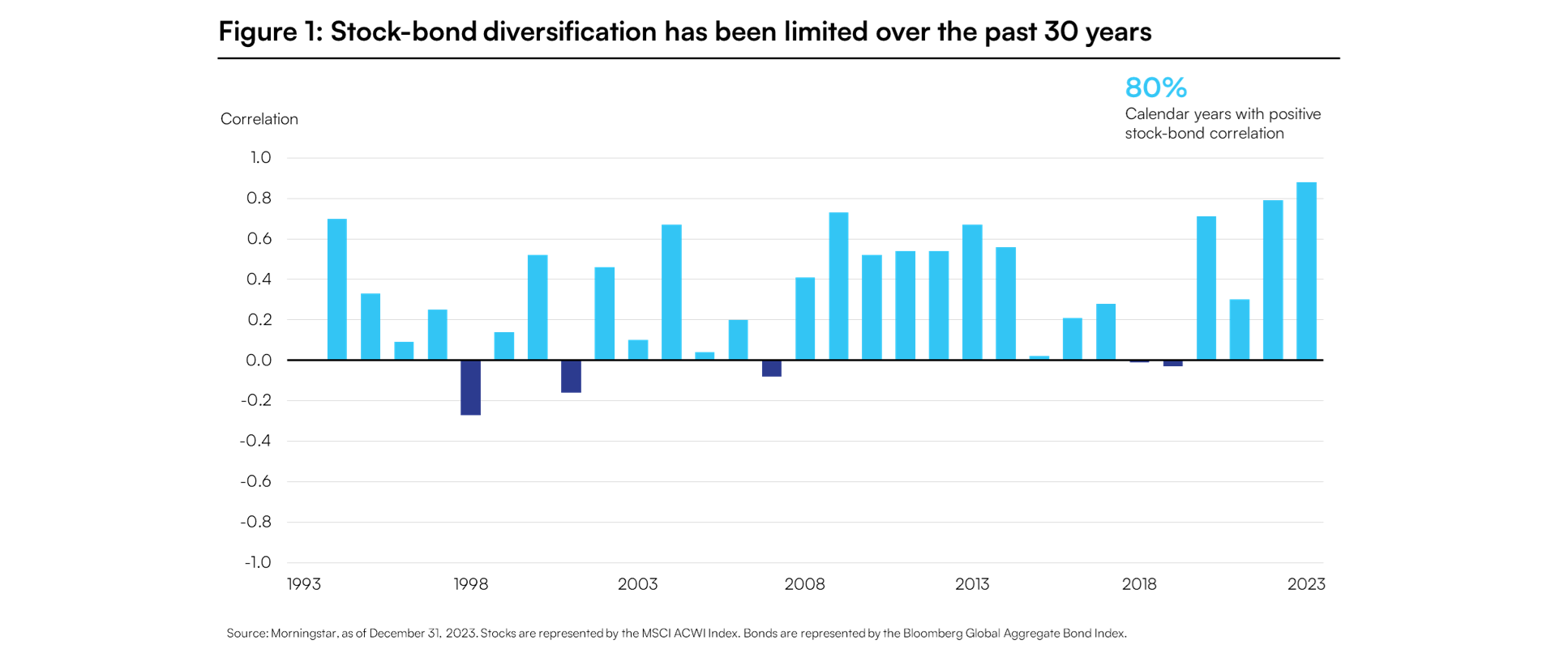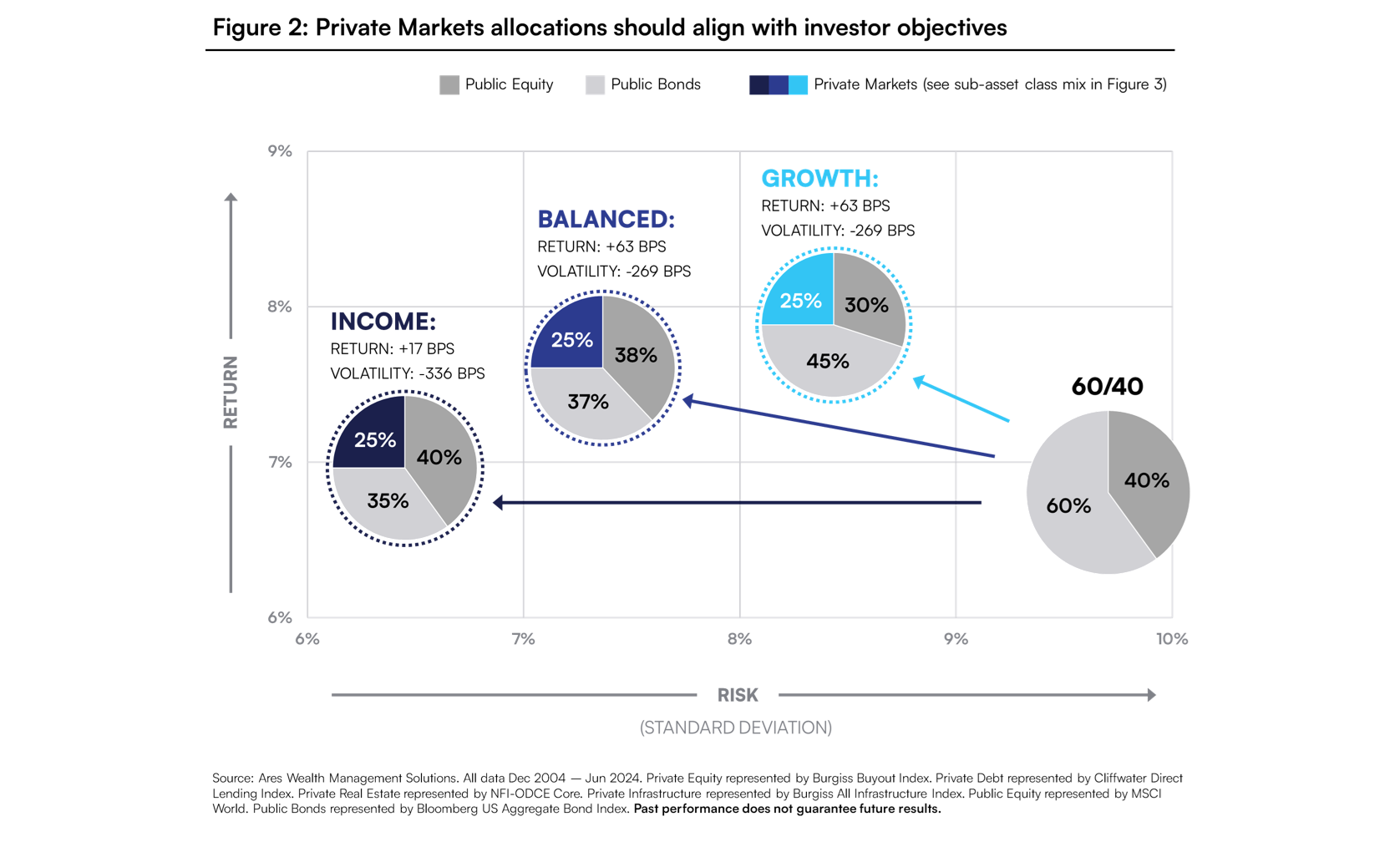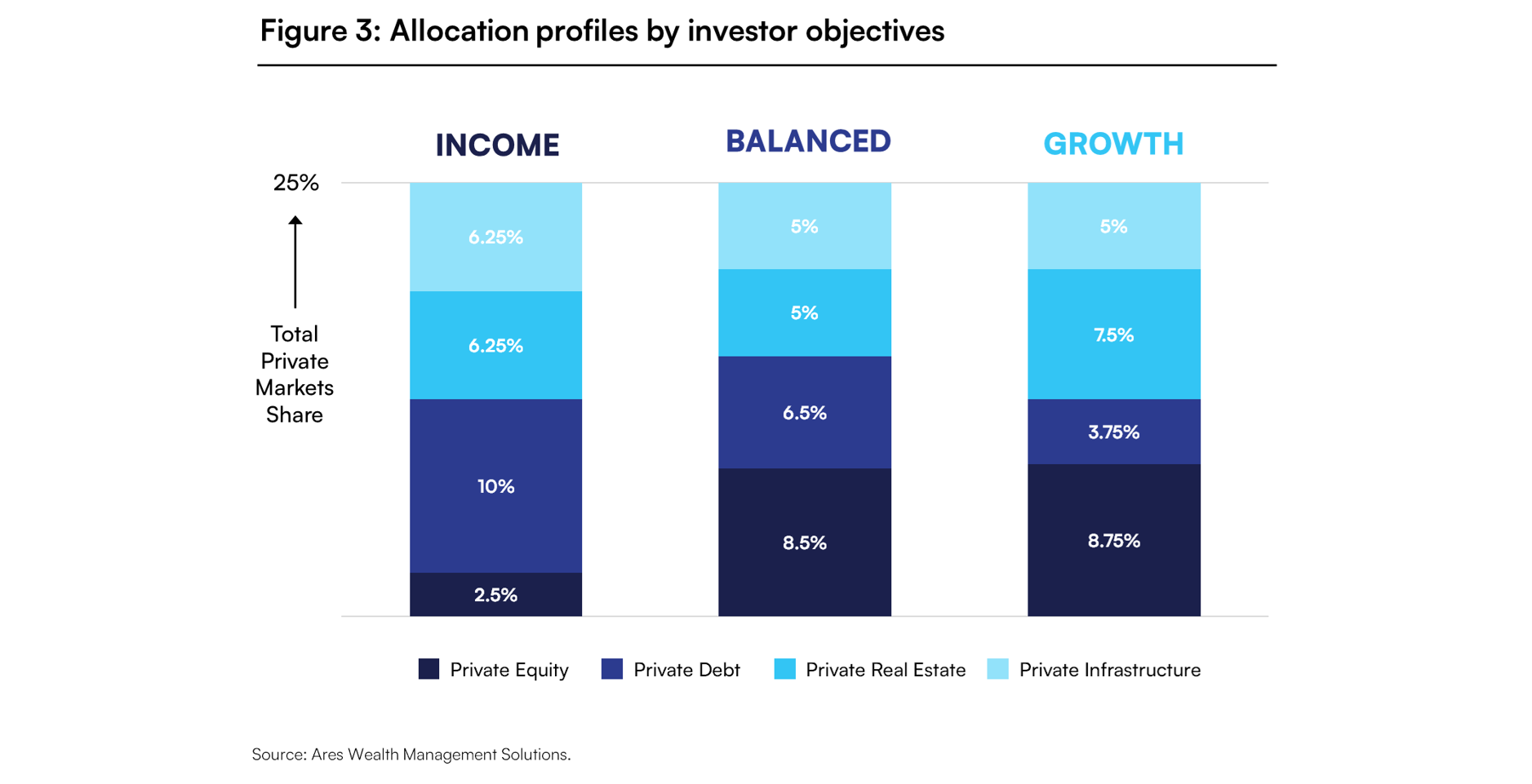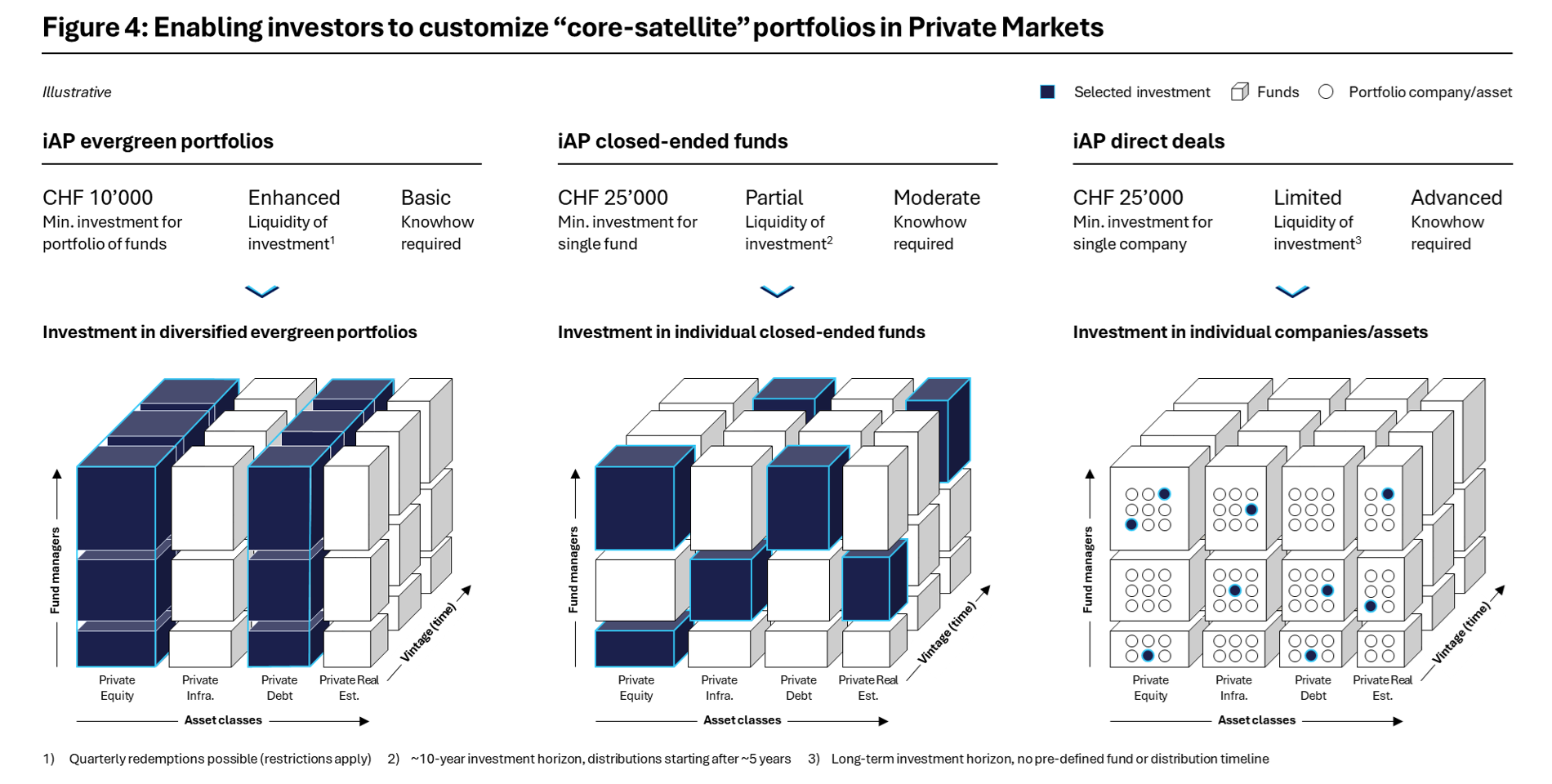The right time to invest in Private Equity
Market perspective | May 2025
have increased uncertainty for investors. Amid these changing macroeconomic dynamics, the role of Private Equity takes center stage in many investment conversations while playing an increasingly important role in investors’ portfolios. While Private Equity is more illiquid than traditional asset classes, this illiquidity, among other factors, has enabled it to deliver long-term value for investors.
In the short-term, Private Equity activity may ease temporarily
Investor uncertainty has risen due to macroeconomic volatility stemming from US tariff negotiations. In the near-term, this is expected to slightly slow down Private Equity activities:
- Initial slow-down in new deals: As business leaders and investors are evaluating recent political changes, new deals may be slightly delayed until there is more confidence in the policy environment.
- Temporary decline in exits, particularly IPOs: Large-scale investment exits, particularly IPOs, are expected to be delayed as public markets have experienced substantial declines in the recent weeks.
- Momentary push-back of fundraising timelines: Considering the short-term delay in new deals, decline in exits, and large amount of dry powder in the market, fundraising timelines may be pushed back by some funds.
In the medium-to long-term, Private Equity is expected to thrive
The value proposition of Private Equity can be characterized by 3 key levers:
- Outperformance versus public equity in the long-term
- Lower volatility (diversification benefits) compared to public assets
- Vast investment universe, with majority of companies under private ownership
In turbulent times, the advantages of Private Equity have historically become more prominent across all 3 levers.
1. Highest outperformance during volatile times
Private Equity has historically outperformed public assets over time. Moreover, during periods of high uncertainty and corresponding lower performance in public (stock) markets, Private Equity has generated the highest relative returns.

2. Lower volatility amid market turbulence
In times of turbulence, Private Equity has been shown to substantially reduce volatility of financial portfolios and act as a stabilizing asset for many investors, as seen during the 2000 dot-com-bubble (DCB).

As the concentration of public markets increased in recent years (i.e., high dependence on fewer large companies), the diversifying and stabilizing factor of Private Equity has further increased.

3. Larger universe, amplified in public market downturns
Private Equity encompasses the vast majority of our economic universe, with over 85% of larger companies in the US being privately owned. This trend has become more pronounced in recent years as public markets have become increasingly volatile and turbulent: Between 1999 and 2020, companies have stayed private for over 4.5 years longer before going public (if at all).

In short: Why is now the right time to invest in Private Equity?
Opportunity through dislocation
The currently lower valuations represent a substantial buying opportunity for Private Equity.
Dry powder ready to be deployed
Leading Private Equity firms hold record amounts of dry powder – to be deployed as prices have reset.
Reduced sensitivity to trade disruptions
Unlike many public companies, PE-backed firms are typically less exposed to traditional cross-border trade (focus on software, healthcare, services sectors).
Long-term orientation
Private Equity’s long-term focus allows it to actively re-structure firms and hold through short-term noise.
Want to know more about Private Equity or iAccess Partners?
Don’t hesitate to reach out to info@iaccesspartners.com.










